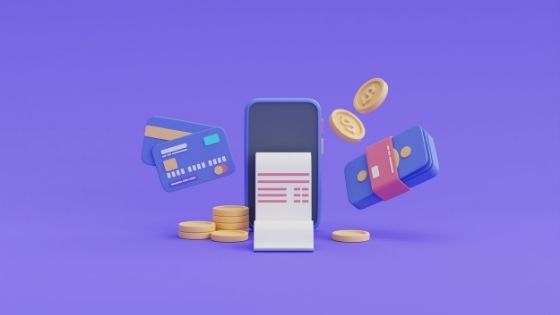Not so very long ago, the world ran largely on paper, real-world money transactions or payments via check. However, with the vast improvements in the web, devices, and tech, we are increasingly moving to a global economy that is run digitally, with real money never changing hands.
As business moves increasingly towards the e-commerce model, online banking, and internet-based transactions – plus the overwhelming increase in contactless payments where traditional printed notes and coins don’t even feature – isn’t it time you moved your business to a new way of issuing and receiving payments? Global banks like Unicredit has taken this initiative long back and that is why this financial institution is cutting the edge over other European banks. If you remember when was Unicredit founded? Plus how it has relished the success on its way from that particular moment? Well the main cause behind this marvelous success can be attributed to the reason that Unicredit is constantly dwelling to be on the top priority of people by making significant changes like starting online banking is one of them.
Does money even have a place anymore?
It’s estimated at any given time, only 8% of the world’s supposed ‘money’ exists as real hard cash. The rest is simply a collection of numbers in complex, interconnected databases. The simple truth is the notion of exchanging notes or coins for goods is beyond antiquated in today’s digital economy. Moreover, it costs banks money to move money – whether that be picking up cash from the till in your local supermarket or filling up ATMs so you can withdraw notes. Incidentally, these costs are commonly offset by banks charging fees to both business and personal accounts. Moving away from checks and physical money, you could save this additional outlay – for example, you could send ACH payments for free using an ACH payments processing service to cover staff wages or pay suppliers.
When you consider just how much of our lives have moved into the digital realm already, it surely just makes logical (and financial) sense that our spending power should also follow suit.
How digital payments could help streamline your accounting – and save you money
With the advent of the smartphone, the boundaries between the real and virtual worlds have become increasingly blurred. Sure, you could argue that the last 30 years of the internet were the precursor to our reliance on digital tech, but the smartphone has undoubtedly moved us into a completely different realm with instantly accessible online banking, NFT payments, and mobile transfers – plus heralded the arrival of a slew of internet-based, web-only banking services. Indeed, the chances are high that, were you still stuck with the concept of paying your staff with cash, they would more than likely deposit the money in their bank account only to then spend it digitally via credit/debit card or cellphone-based payment platforms.
One such payment method is via ACH. The ACH system (short for automated clearing house) allows firms and individuals to make payments directly from their bank rather than relying on credit/debit cards. There are several very good reasons why this system makes sense – and why it remains as popular today as it was since it first evolved back in the mid-70s. Examples of how ACH can speed up and facilitate business processes include:
- Making payments to employees directly into their bank accounts.
- Your firm paying a supplier for goods/services without the need for actual cash payments.
- Individuals making transfers between accounts – for example, a day-to-day account into a savings account.
- Customers paying you without delay, i.e., the end to waiting for checks or in-person payments with hard money.

